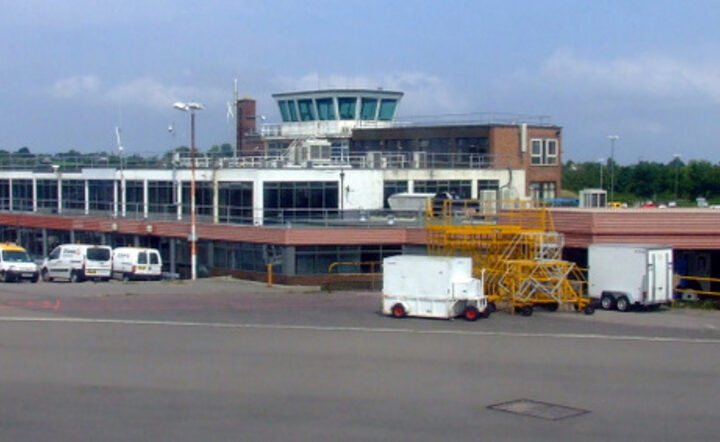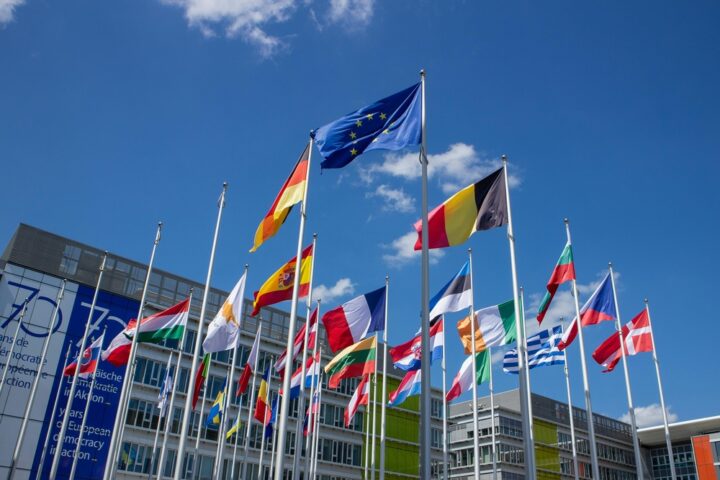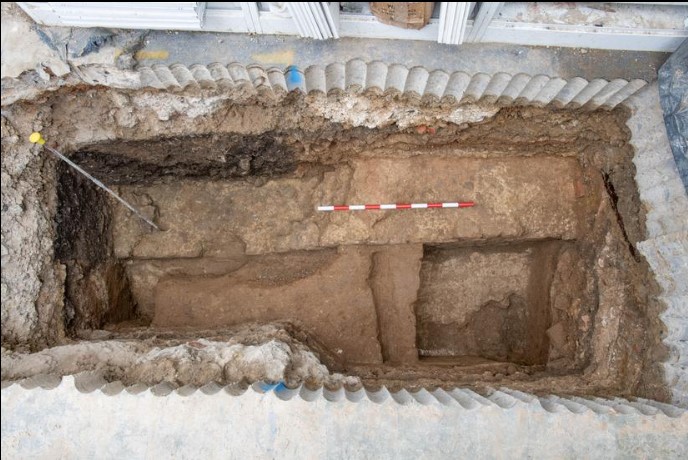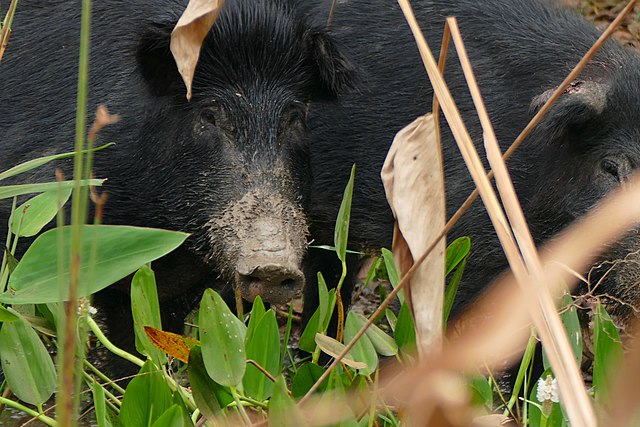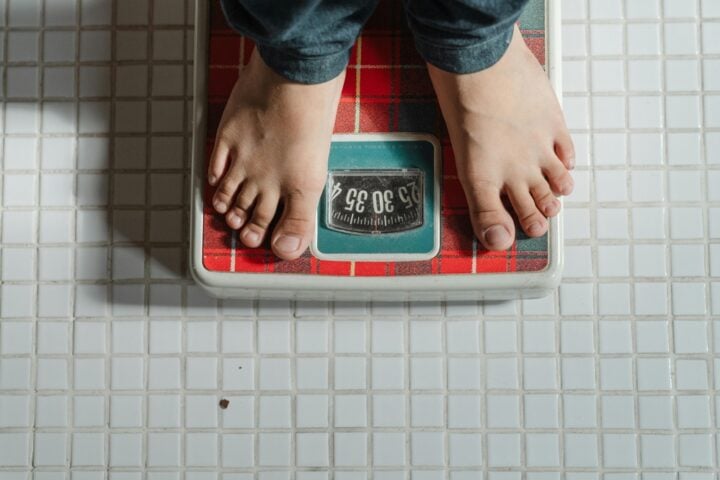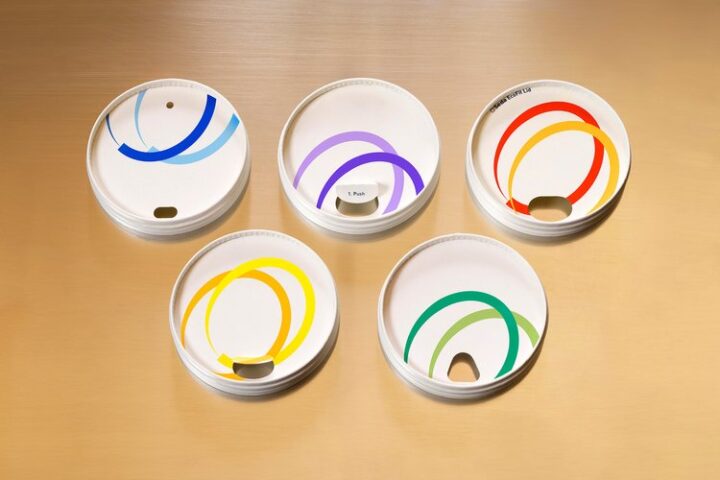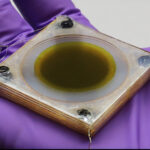The Finnish town of Lahti, 2021’s European Green Capital, is leading the charge in eco-friendly textile initiatives. The city’s Textile Deposit pilot scheme has revolutionized textile recycling, with a 500% surge in rates following its initial deployment. Swapping old towels for pool passes? That’s one of Lahti’s innovative approaches to incentivizing recycling.
Last year, each Finn recycled an impressive 350 grams of textiles, as highlighted by Miira Ojanen from Lounais-Suomen Jätehuolto. Zooming out, Finland collected a whopping 2 million kilograms of textiles from households. A significant chunk of these textiles finds its way to Lounais-Suomen Jätehuolto Oy’s facility in Turku.
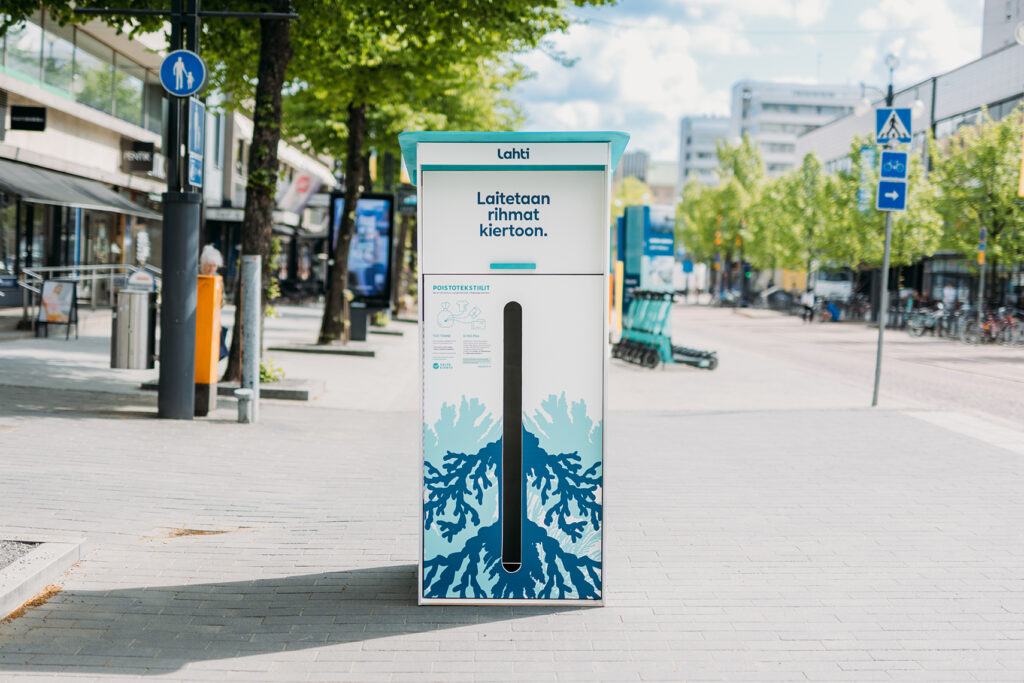
Since 2015, this facility has been turning discarded textiles into valuable raw materials. Once collected, textiles journey to Turku for further processing and distribution. These textiles metamorphose into yarn, fabrics, clothing, non-woven fabrics, padding, building materials, and even decorative elements.
Recycling candidates? Think worn-out clothes, faded curtains, or holey towels. But remember, donate what’s usable; let’s extend its life. “Poistotekstiilien keräysmäärät tulevat todennäköisesti kasvamaan, kun poistotekstiilin kierrätys ja tieto siitä, mitä kaikkea siitä voidaankaan tuottaa, tulee asukkaille tutummaksi” (The collection rates of textiles will probably increase as the recycling of end-of-life textiles and the knowledge of what it can produce becomes more familiar to residents), predicts Miira Ojanen, LSJH’s textile expert.

The global textile landscape is shifting, with recycled materials gaining traction. By opting for recycled over virgin materials, we’re talking massive natural resource savings. Consider this: a single cotton T-shirt guzzles 2,700 liters of water.
Many have already embraced recycled materials, like Pirtin Kehräämö crafts yarn from LSJH’s fiber, sourced from old woolen garments. Jokipiin Pellava’s Väre kitchen towels? Made from European flax and recycled denim. Brands like Patagonia, Zara, and Hilfiger are embracing Infinited Fiber Company’s Infinna™ recycled fiber, produced using LSJH’s raw material.
Similar Posts
LSJH’s mission? Harness the power of both natural and synthetic recycled textile materials. LSJH is persistently on the lookout to identify companies prepared to participate in the textile circular economy. The “Rihmat kiertoon” campaign is a textile circular economy challenge LSJH all eager to see unfold.
Emilia Gädda, from Suomen Tekstiili & Muoti ry:n, urges Finnish companies to pioneer discarded textile recycling. A mere 1% of global textile waste is recycled, but the tide is turning. Finnish companies can tackle this global challenge, turning it into a green goldmine.
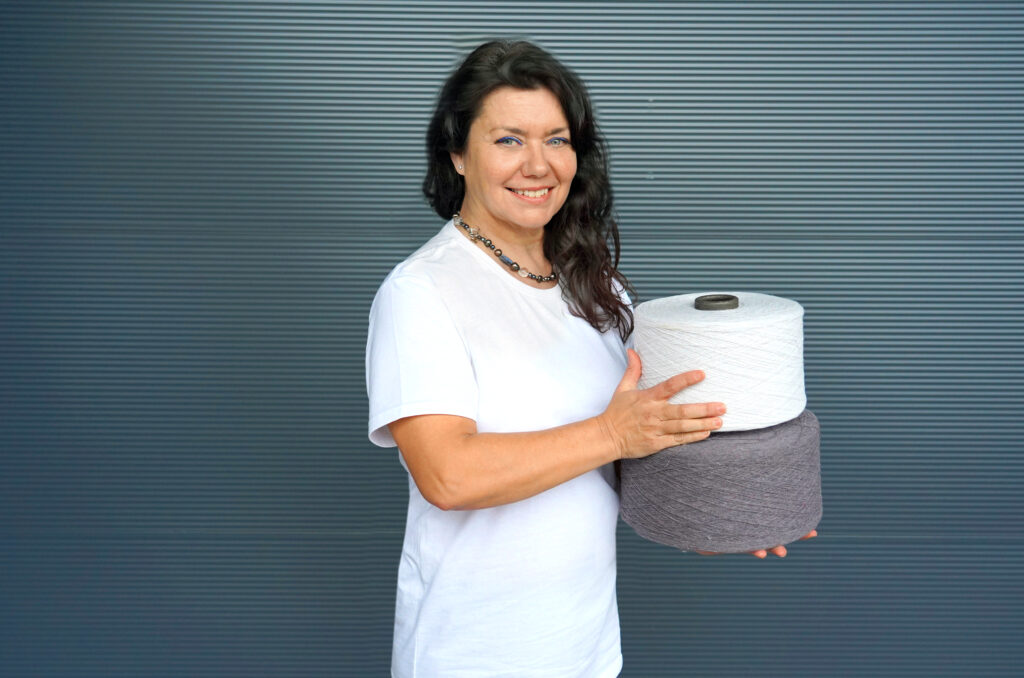
Embracing the circular economy can unlock new opportunities, and Finland’s poised to lead. 2023 saw the expansion of discarded textile collection across Finland. By 2025, the EU will have similar collection systems in place. Emilia Gädda emphasizes the urgency for Finnish firms to adapt ahead of EU regulations.
The textile sector’s appetite for fibers is growing, and Finnish companies should ride this wave. The circular approach isn’t just eco-friendly; it’s a business game-changer. Lahti’s textile recycling success showcases the power of incentive-driven systems.
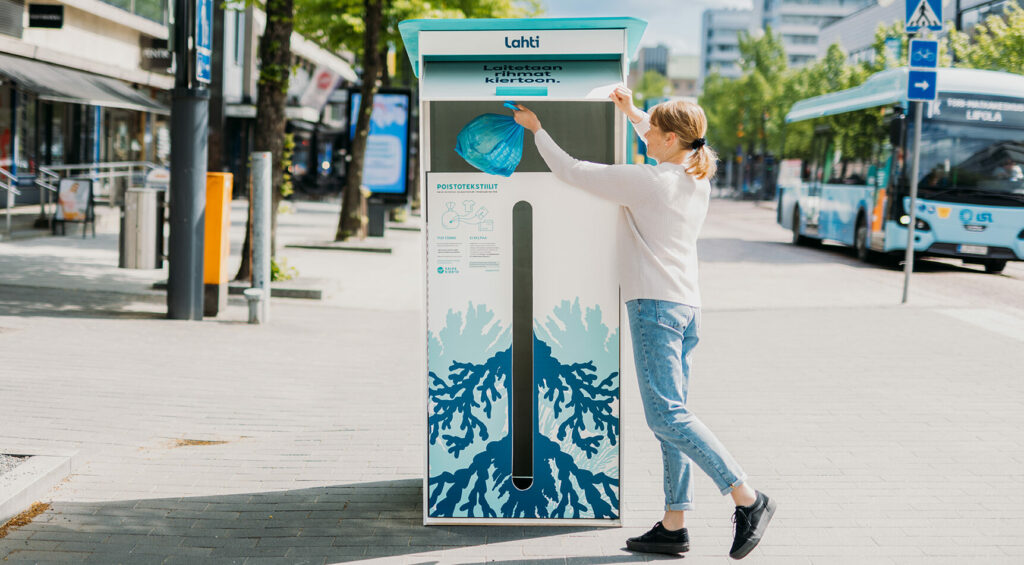
As more regions adopt these measures, global textile recycling rates will soar. From collection to transformation, the textile journey exemplifies circular economy potential. With awareness and collaboration, the future of textile recycling is bright. Lahti’s efforts offer a roadmap for other regions keen on boosting their textile sustainability game.




